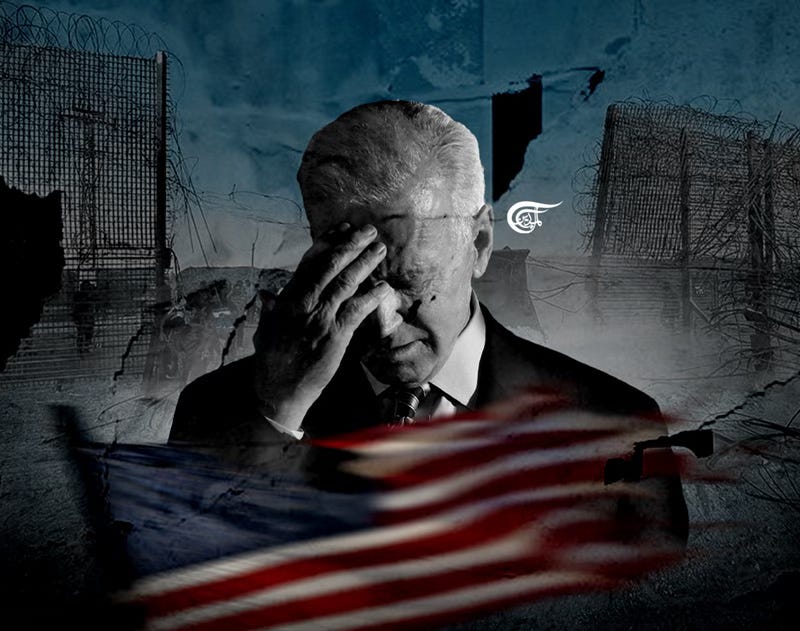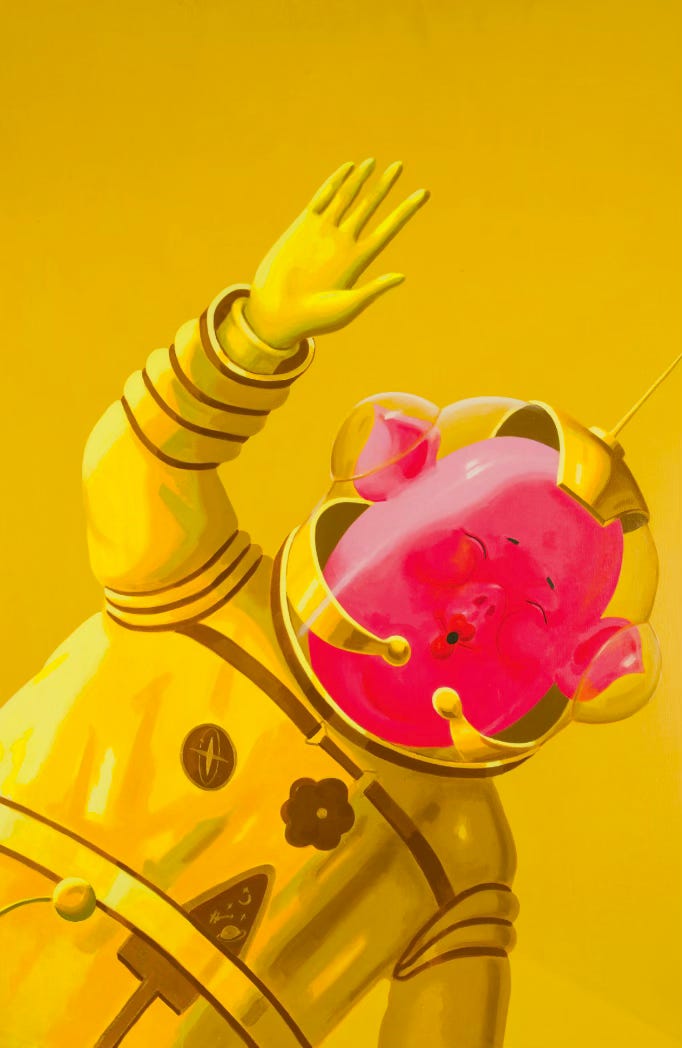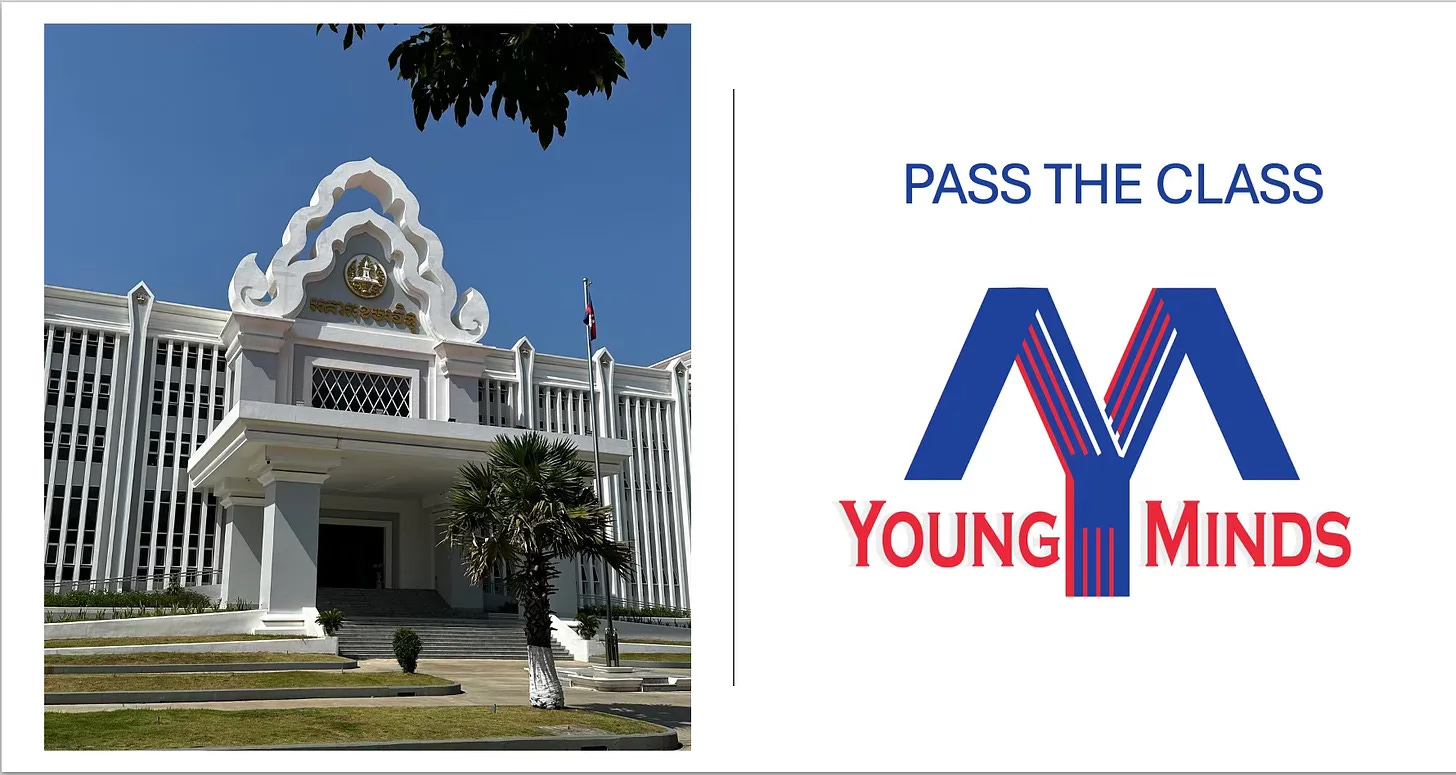A 1909 best-seller said war couldn’t happen -- then it did
In the pre-WW1 era, policy-makers (and markets too) ‘forged ahead’ -- blissfully ignoring the rising danger that was accreting during the sleepy summer hiatus between the assassination of Archduke Ferdinand and the outbreak of the War, five weeks later. (Markets, historically, almost never have anticipated the outbreak of conflict correctly).
Some, of course, did understand that two heavily armed alliances were on a potential collision course. Opinion however (resonating with today’s consensus), had been heavily influenced by Norman Angell’s 1909 best-seller, The Great Illusion, arguing that war wouldn’t happen, because global trade and capital flows were too closely interlinked.
Then it did.
In the wake of first, the US flight from Kabul; second, the collapse of the Ukraine offensive -- concurrently with the humiliation of NATO; and, third, the failure of Israeli Intelligence, plus the dismal Israeli military operational response to 7 October, observers claim to see the Empire fraying visibly.
The mythic power shibboleths have revealed themselves as vapid. The sense of our standing at a major point of inflection is palpable -- Everything seems to be in a state of flux; all together; all at once.
This is both exciting, but worrying: Will events spiral out of control? Will war engulf us?
Clearly, the myth of the West as the ‘vision for all’ -- together, perhaps, with its defining substrata of reductive mechanical thinking -- has run its course. The rest of the world has ‘moved on’.
Some passionately will wish to extend ‘the present’. Many more, however, are deeply disaffected with the present, and want it radically altered (or even smashed) -- and all wonder what may be coming next.
We also live under the heavy yoke of the accumulated debris from three long centuries of millenarian, utopian projects -- all of which had seemed to promise, at first, a ‘new world’, but ultimately ended with intolerant violent coercion, deception, and millions dead. The delusion from this legacy is heavy.
In Joseph Koerner’s 2004 The Reformation of the Image, the author suggests that ‘the rejection of symbolic meaning (the destruction of statues and pictures)’ during the European Reformation reflected a hatred based on an absolute command that there must be an unambiguous distinction between truth and falsehood -- a ‘with us, or against us’ insistence that developed into the consequent inability to hear or accept the implicit or metaphorical, in discourse.
And because of a fear of the power of imagination, symbols were to become objects of terror. The deep insecurity of the times was demanding authenticity, literal truth, and singleness of meaning.
The toppling of statues in our era too is a rejuvenescence of deep Western insecurity: An insecurity aggravated by the rejection of the Western universalist myth, and secondly, by the widespread ‘eternal return’ to civilizational states bringing distinct ways of ‘seeing’ and thinking.
Many old ‘civilization states’ use and understand implicit and symbolic meaning very well. The metamorphosis away from the ‘radical sceptic’-drenched ratiocination of the Western ‘with us, or against us’ will constitute one of the big changes for the future.
The Western insistence on the absolute distinction between truth and falsehood/misinformation will increase as the situation tetters on the edge. It will not be for the first time.
On the last day of the carnival in Florence in 1497, a huge pyramidal flight of stairs was built in the Piazza della Signoria. It was stacked from the bottom step upwards with the carnival paraphernalia: masks and carnival disguises. Then heaped upon the pile, were the manuscripts of Latin and Italian poets. Women’s ornaments were next, and crowning the flaming tower were paintings of both mythic and actual, female beauties and ancient sculptures of female heads.
Having burnt out the image, the new European mindset then set about closing itself off and shutting down in a very absolute, almost irreversible way, all the sources of tradition, which were of course, nothing less than the sources of Western culture -- as well as those of Islamic culture.
As that early repression of ‘incorrect thinking’ took hold, John Dee, Elizabeth I’s confident, considered to be the greatest philosopher in England, died lonely, and destitute, vilified and attacked by an angry mob -- his great library ransacked. And Giordano Bruno, the great Hermetic ‘thinker’ of his age, endured eight years of torture during which he refused to recant before, in 1600, being led out into the Piazza di Fiori (Square of Flowers), in Rome, and ceremonially burnt alive.
Hopefully, the aftermath of our present inflection point will not be so traumatic -- but don’t count on it. Instead of culture being the site of revolutionary action against an élite (per Gramsci), US social net platforms, cleansed of non-western rivals, become precisely the site where the system reasserts itself, and neuters the possibility of political resistance.
What will the dissolution of the Western ‘project’ mean in other ways? It could result in an up-and-down complete scission into two spheres: a Western bloc and a BRICS bloc, locking horns in a new Cold War; but more likely, we will see horizontal escalation across multiple dimensions.
The West is weakening most notably in the economic sphere: In the post-war period, it enjoyed prosperity. Easy money, easy decisions; Problems? Kick the can down the road. But US government debt has built up and become exponential (accumulating at circa $1 trillion/month). Financial products have replaced manufacturing across the Western sphere.
The difficulties that an overindebted economy (even one that can ‘print’ its own money) will encounter from rising interest rates range far and wide. At the same time, the BRICS are quietly stepping into the earlier Western (imperial) business model: i.e. the control over commodities, and an increasing grip on key maritime waterways and choke points.
The more overstretched -- financially or geo-politically -- the Empire becomes, the more horizontal crises will flare up, with financial and tech ‘artillery exchanges’ predominating.
What was not understood in that earlier moment of mid-1914 (the Sarajevo moment) was that it seemed then somehow propitious for Germany to aspire to Great Power status and empire -- and, equally plausible, that Britain would believe that it could quash it utterly.
Just as today Team Biden seems convinced that the US can use its financial and trade muscle – whilst America still predominates - to crush China’s rise, contain Russia, and arm-twist Europe into tech vassalage.
"We're the United States of America, for God's sake. We're the most powerful nation in the history of the world. We can take care both of these [Ukraine and Israel] and still maintain our overall international defence", Biden said on 60 Minutes.
In the early twentieth century, Britain’s attempt to rip apart global supply lines to preserve its own, and to deny Germany its external links, effectively channeled resurgent German ambitions eastwards, across the plain of Europe, and ultimately, to a war on Russia (as Germany coveted a slice of Asia for its putative empire). It ended with war and economic depression.
Today, a weakened US and Europe are driving the Chinese and Russian vision eastwards. The latter are not building an empire. They are building a BRICS that effectively completes the nineteenth-century paradigm by assimilating Asia and Africa into a separate Heartland sphere.
Read more here.










